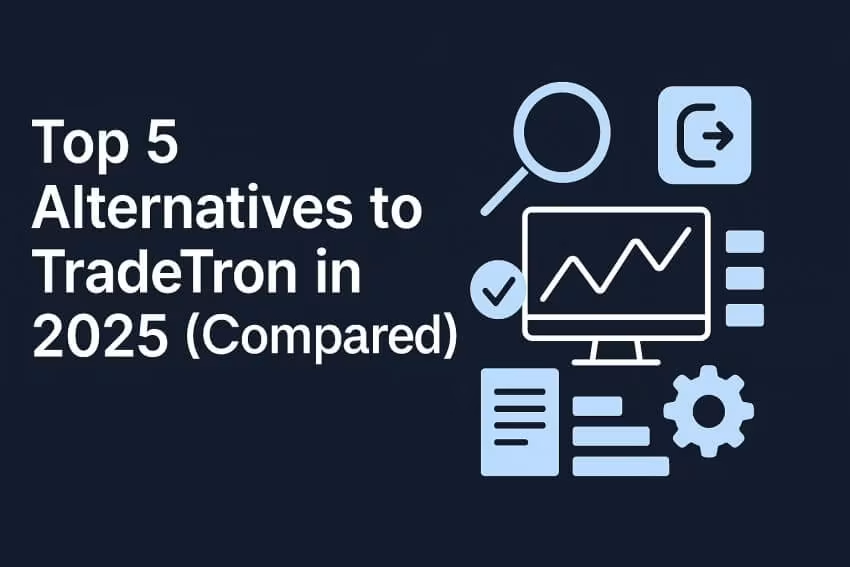Algo trading, powered by complex algorithms, has revolutionised the financial markets. However, the success of these algorithms hinges on the quality of the data they rely on. High-quality data is the bedrock of accurate backtesting, which is crucial for assessing the potential profitability and risk of a trading strategy.
What Is Algo Backtesting?
Algo backtesting is a process that involves testing a trading algorithm on historical market data to evaluate its performance. By simulating past trades, traders can gauge the strategy's potential returns, risk, and drawdowns. Accurate backtesting results provide valuable insights into a strategy's viability before deploying it with real capital.
The Critical Role of Data Quality
The quality of historical market data directly impacts the reliability of backtesting results. Inaccurate or incomplete data can lead to misleading conclusions about a strategy's performance. Key factors to consider in data quality include:
- Accuracy:
- Price Data: Ensure accurate price data, including open, high, low, and close prices. Errors in these values can significantly distort backtesting results.
- Volume Data: Reliable volume data is essential for understanding market liquidity and potential slippage.
- Timestamp Accuracy: Precise timestamps are crucial for capturing market events and time-based trading strategies.
- Completeness:
- Data Gaps: Missing data points can disrupt backtesting simulations and lead to biased results.
- Market Holidays and Non-Trading Hours: Consider adjusting backtesting periods to account for market closures.
- Timeliness:
- Data Delays: Delayed data can impact real-time trading decisions and the accuracy of backtesting.
- Data Synchronisation: Ensure that different data sources are synchronised to avoid inconsistencies.
- Currency and Market Conventions:
- Currency Conversion: If trading involves multiple currencies, accurate conversion rates are essential.
- Market Conventions: Adhere to specific market conventions, such as different trading hours for different exchanges.
Common Data Quality Issues and Their Impact
- Data Errors: Incorrect price data, missing data points, or faulty timestamps can lead to inaccurate backtesting results.
- Data Delays: Delayed data can hinder real-time trading and distort historical simulations.
- Data Gaps: Missing data can introduce biases and limit the scope of backtesting.
- Data Noise: Excessive noise in data, such as price spikes or flash crashes, can mask underlying trends and patterns.
Best Practices for Ensuring Data Quality
- Choose Reliable Data Providers: Select reputable data providers that offer high-quality, accurate, and timely data.
- Data Cleaning and Preprocessing: Clean and preprocess data to remove errors, outliers, and inconsistencies.
- Data Validation: Implement rigorous data validation techniques to identify and correct errors.
- Data Backtesting Framework: Use a robust backtesting framework that can handle different data formats and handle data quality issues.
- Continuous Monitoring: Monitor data quality over time to identify and address potential issues.
The Impact of Data Quality on Strategy Performance
Data quality can significantly impact the performance of a trading strategy, both in backtesting and live trading. Inaccurate or incomplete data can lead to overfitting, where a strategy appears to perform well on historical data but fails to generalise to future market conditions. Additionally, data quality can affect the strategy's risk profile, as inaccurate data may underestimate or overestimate potential losses.
Conclusion
By prioritising data quality, algo traders can significantly improve the accuracy and reliability of their backtesting results. High-quality data empowers traders to make informed decisions, optimise their strategies, and ultimately achieve better performance. Remember, ‘garbage in, garbage out’. Investing in data quality is an investment in the success of your algo trading endeavours.












